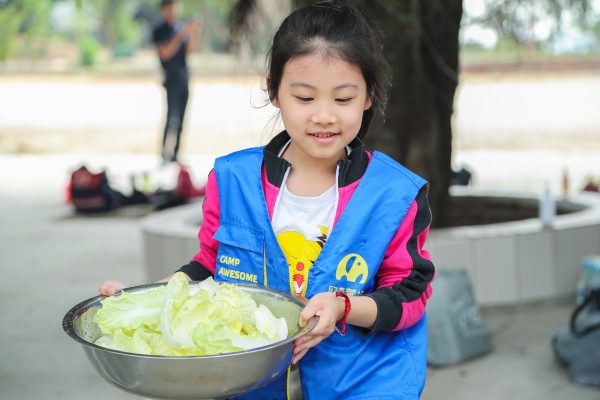I love to give, to practice generosity. I love the experience of walking down the street and noticing that someone needs a little help and stopping to help them and continuing on my way, knowing that for that moment I was an angel, knowing that lovingkindness has flowed through me.
I love to give, yet giving is not always easy. Sometimes a family member or friend needs a lot of help and I give, yet not with a full heart, because I am resentful of the sacrifice required of me. Or, I don’t give, and then I feel guilty.
Gevurah sh’be’hesed, boundaries within lovingkindness, offers an alternative to either resentment or guilt, offers a path to reconnecting with joy and an open heart. Gevurah sh’be’hesed is about fully honoring our own needs and feelings as we discern how to help others.
Practice for today (about 15 minutes. This is a wonderful practice to do with a friend or spirit buddy).
Supplies needed: blank paper or journal, oil pastels (or other preferred medium, such as markers or paint), pen or pencil. I suggest oil pastels for their vibrant colors and ease of use, as well the ability to use one’s fingers and mix and transform the colors and shapes, offering a tactile experience.
Set up art supplies in front of you. Close your eyes and pay attention to the rise and fall of your belly.
Part 1: Bring to mind someone close to you who needs help. Notice what happens inside when you imagine helping them. Keep breathing.
When ready, open your eyes and, without engaging the mind, start exploring with the art materials. Be open to whatever emerges on the page. This is not about producing “good art.” Allow yourself to begin with a new blank page whenever you are so moved. Draw for about five minutes.
Part 2: Now imagine that you are able to see from the perspective of your family member or friend in need. What are they feeling? What is happening for them? Close your eyes and pay attention to the rise and fall of your belly. Notice what happens inside you when you feel their need. Keep breathing. When ready, open your eyes and, without engaging the mind, explore with the art materials. Allow yourself to begin with a new blank page whenever you are so moved. Draw for about five minutes.
Part 3: Place the images before you. What feelings arise as you sit with each image? What do you learn about your own needs? about the other’s needs? Journal about what you learn from this exercise. Consider hanging the images on the wall and/or sharing with a friend or mentor, to allow the images to continue offering their wisdom.











